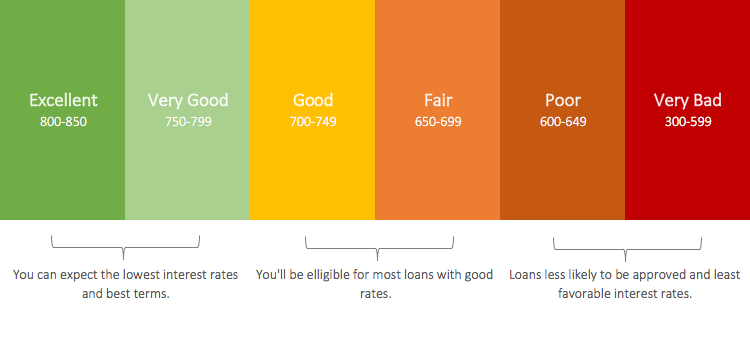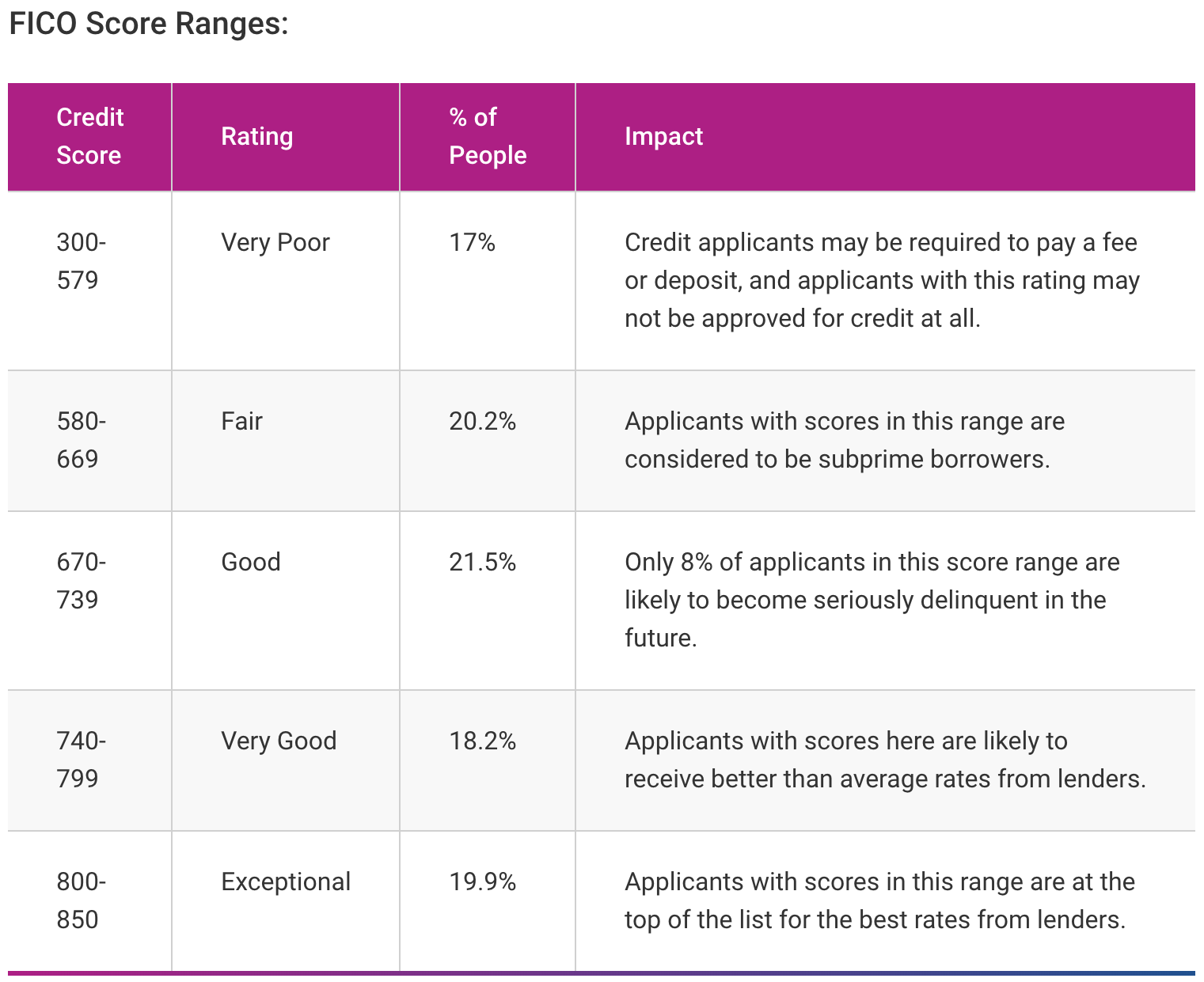

When lenders are unsuccessful in their collection efforts, they typically “charge off” the debt, which is often reassigned to a third-party collection agency. For example, late payments, vehicle repossessions, and home foreclosures remain for seven years from the original date of delinquency regardless of whether the balance is ultimately paid. Negative entries generally remain on credit reports for seven years. If you are building your credit from scratch, then two years of the right credit behaviors and credit history should be enough to help you qualify for a home loan.Įquifax established specific provisions that determine how long entries remain on consumer credit reports, which are broadly categorized as either being “positive” or “negative.” They also look for any negative items in your credit history that could automatically disqualify you from getting a mortgage loan. Mortgage lenders look at credit report data such as your payment history, mix of accounts, and debt-to-income ratio. Mortgage lenders look at the information that they provide for your credit reports. However, they could look at derogatory information, like foreclosures or bankruptcies, that happened years before.Įxperian, Equifax, and Transunion are the three credit bureaus that receive, retain, and report creditor information. Data from the past 24 months is the most important information that mortgage lenders look at.

Mortgage companies and other lending institutions may review any data contained within your credit reports.

How Far Back Do Mortgage Lenders Look at Credit History?


 0 kommentar(er)
0 kommentar(er)
